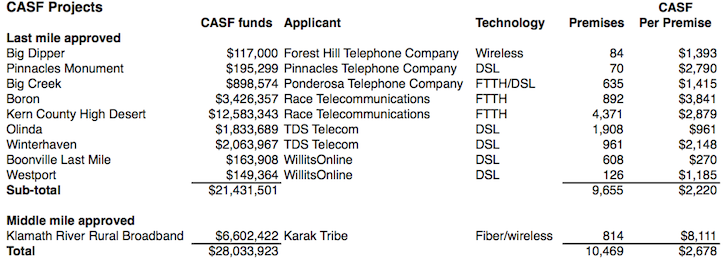Comcast's 300 GB cap spreads to Atlanta, but don't worry, it's just an experiment

Comcast just wants to make it safe for the rest of us.
As the nation’s largest cable operator, Comcast is in a position to play market leader in moving the industry toward standard monthly broadband usage caps and overage charges. Its latest move is to trial a 300 gigabyte monthly limit in the Atlanta market, with a ten buck charge for every extra 50 GB.
Comcast plans to put helpful pop-ups in subscribers’ browsers, to let them know when the end is near…
… MoreYou will be provided with in-browser and email notifications as you near the 300 GB per month limit, specifically at 80%, 90% and 100% of usage.








